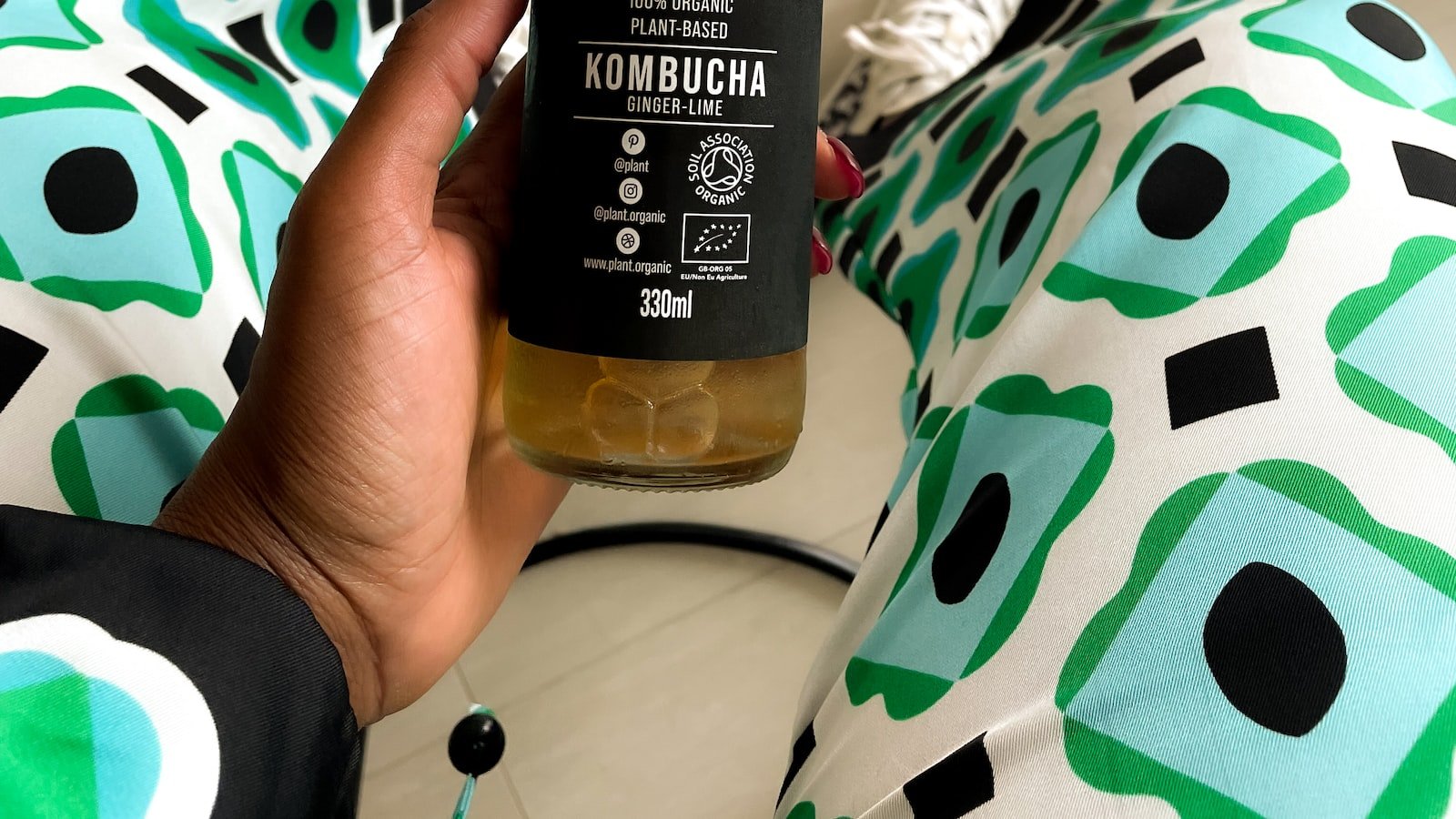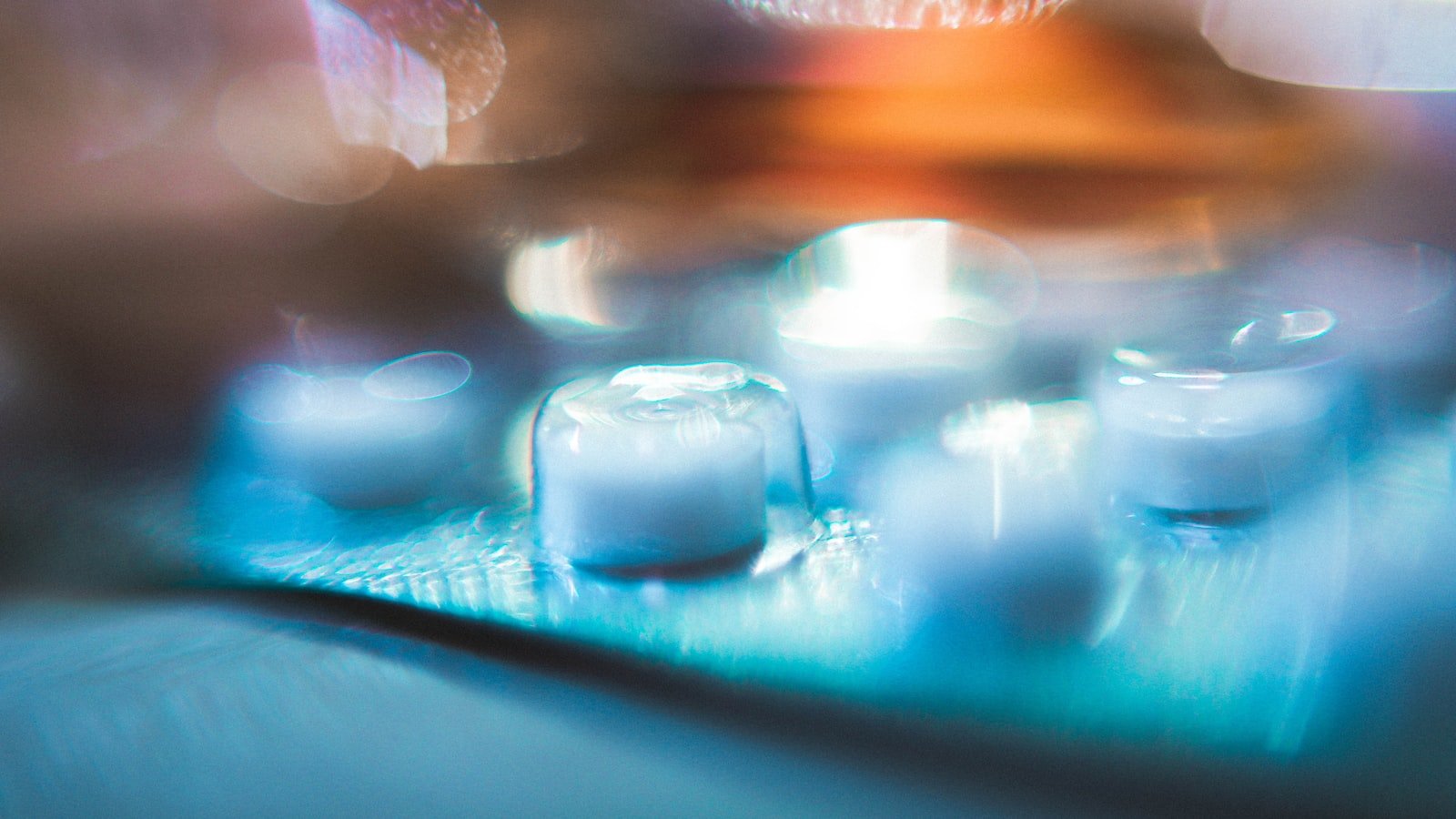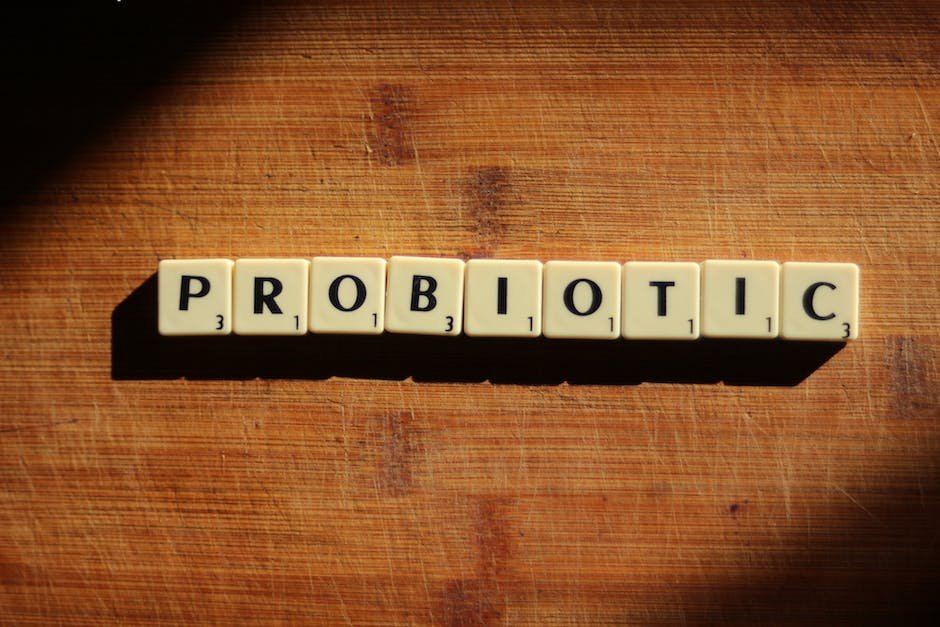Motherhood is an extraordinary journey filled with countless joys and mysteries. From the tiny flutters in the womb to the overwhelming rush of emotions upon holding a newborn in your arms, the miracle of childbirth leaves an indelible mark on a woman’s life. However, as the focus shifts towards nurturing a little one, it becomes crucial not to overlook the well-being of the new mother herself. In particular, postpartum gut health plays a pivotal role in restoring the delicate balance within a mother’s body. Amidst the flurry of sleepless nights and myriad responsibilities, whispers of the beneficial world of probiotics emerge, presenting a potential solution to aid in this crucial recovery process. In this article, we delve into the captivating terrain of postpartum gut health and explore the role of probiotics in rejuvenating a new mother’s well-being. So, let’s embark on this enlightening expedition into the realm of maternal gut care, where the microscopic warriors reign supreme.
Table of Contents
- Introduction to Probiotics and Postpartum Gut Health
- Understanding the Mechanism of Probiotics in Restoring Gut Health after Childbirth
- The Benefits of Probiotics for Postpartum Women’s Digestive System
- Recommendations for Incorporating Probiotics into the Postpartum Diet
- Exploring Novel Probiotic Strains for Enhanced Gut Health after Giving Birth
- Q&A
- The Conclusion

Introduction to Probiotics and Postpartum Gut Health
After the miraculous journey of pregnancy and childbirth, the postpartum period brings a multitude of changes, not only to a mother’s body but also to her overall well-being. One crucial aspect that often goes unnoticed is the postpartum gut health. It plays a significant role in a mother’s recovery and impacts various aspects of her health, including digestion, immunity, and mental well-being.
Probiotics, also referred to as the “friendly bacteria,” have gained considerable attention in recent years for their potential in promoting gut health. These live microorganisms can be found in certain foods, such as yogurt, kefir, and sauerkraut, or in the form of dietary supplements. They work by restoring the natural balance of bacteria in the gut, which can be disrupted during pregnancy and childbirth.
Why are probiotics essential?
- They aid in the digestion and absorption of nutrients, ensuring the mother gets the necessary nourishment for her recovery.
- Probiotics support the immune system and defend against harmful bacteria, reducing the risk of infections.
- They help alleviate common postpartum issues like constipation, bloating, and gastrointestinal discomfort.
- Research suggests that probiotics may positively impact mental health, potentially reducing the risk of postpartum depression.
As you embark on your postpartum journey, understanding the significance of probiotics and their role in maintaining optimal gut health can contribute to a smoother recovery and enhance your overall well-being.

Understanding the Mechanism of Probiotics in Restoring Gut Health after Childbirth
After giving birth, a woman’s body undergoes numerous changes, both physically and hormonally, impacting her overall well-being. One area that is often affected is the gut health. Fortunately, recent research has shed light on the incredible potential of probiotics in restoring the delicate balance of the gut microbiota and promoting optimal health post-childbirth.
Enhanced Microbial Diversity: Probiotics help in rebuilding the microbial diversity in the gut that might have been altered during pregnancy and labor. These beneficial bacteria aid in reducing the risk of complications such as constipation, diarrhea, and even postpartum depression by promoting the growth of diverse bacterial strains.
Improved Nutrient Absorption: During the postpartum phase, the body requires essential nutrients for recovery and breastfeeding. Probiotics play a crucial role by enhancing the gut’s ability to absorb these essential nutrients, allowing the mother’s body to replenish its resources efficiently.
Strengthened Immune System: A robust immune system is vital for the overall health and well-being of both the mother and the newborn. Probiotics can modulate the immune response in the gut, reducing the risk of infections and inflammation.

The Benefits of Probiotics for Postpartum Women’s Digestive System
After giving birth, many women experience changes in their digestive system. Hormonal fluctuations, stress, and changes in diet can all contribute to digestive issues such as bloating, constipation, and irregular bowel movements. However, incorporating probiotics into their postpartum routine can provide several benefits for improving digestion and overall gut health.
1. Restoring Gut Flora: Probiotics are live bacteria that help restore the natural balance of gut flora. During pregnancy and childbirth, the gut microbiota can become imbalanced, leading to gastrointestinal discomfort. By introducing probiotics into their diet, postpartum women can replenish the beneficial bacteria in their digestive system, promoting healthy digestion.
2. Alleviating Digestive Discomfort: Probiotics have been shown to reduce digestive discomfort such as bloating, gas, and indigestion. These beneficial bacteria help break down food more efficiently, easing the burden on the digestive system. This can be particularly helpful for postpartum women who may experience digestive troubles due to hormonal changes and stress.
3. Boosting Immunity: Postpartum women are often concerned about their immune health, as they recover from giving birth and navigate the demands of motherhood. Probiotics play a vital role in supporting a healthy immune system by enhancing the production of antibodies and activating immune cells. By strengthening their immune defenses, postpartum women can better resist common gastrointestinal infections.
Recommendations for Incorporating Probiotics into the Postpartum Diet
During the postpartum period, it is crucial to prioritize your health and well-being, especially when it comes to maintaining a balanced diet. One great way to support your body’s recovery and promote gut health is by incorporating probiotics into your daily routine. Probiotics are live bacteria and yeasts that offer numerous health benefits, including strengthening the immune system, improving digestion, and even enhancing mood. Here are some recommendations to help you seamlessly incorporate probiotics into your postpartum journey:
- Choose Yogurt: Yogurt is a tasty and easily accessible source of probiotics. Opt for plain, unsweetened varieties to avoid added sugars. You can enjoy yogurt on its own or mix it with fresh fruits and nuts for a nutritious snack.
- Explore Fermented Foods: Sauerkraut, kimchi, and kombucha are examples of fermented foods that are rich in probiotics. These delicious options can be enjoyed as condiments or added to your meals for an extra boost of beneficial bacteria.
- Consider Probiotic Supplements: If you find it challenging to incorporate enough probiotics into your diet, you may consider taking supplements. Consult with your healthcare provider to determine the most suitable supplement and dosage for your needs.
Remember, consistency is key when it comes to reaping the benefits of probiotics. Gradually introducing these gut-friendly bacteria into your diet will contribute to a healthier postpartum experience, both mentally and physically.
Exploring Novel Probiotic Strains for Enhanced Gut Health after Giving Birth
Despite the joy and excitement of becoming a new mother, the postpartum period can often bring along various challenges, including changes in gut health. The delicate balance of bacteria in the gut can be disrupted after giving birth, leading to discomfort and digestive issues. However, there is hope! Researchers have been exploring novel probiotic strains that can help enhance gut health during this crucial time.
Probiotics, also known as “good bacteria,” have been shown to play a crucial role in maintaining a healthy gut flora. They can aid in digestion, boost immunity, and even regulate mood. But not all probiotics are created equal. Recent studies have focused on identifying unique strains that specifically target postpartum gut health concerns, such as bloating, indigestion, and constipation.
One promising strain that has emerged is Lactobacillus plantarum. This powerhouse probiotic has shown remarkable potential in reducing gut inflammation and improving overall gut function. Its ability to survive the harsh acidic environment of the stomach makes it an ideal candidate for providing relief to new mothers struggling with gut health issues.
Another exciting novel strain is Bifidobacterium longum subsp. infantis. This probiotic has been shown to support healthy digestion and strengthen the gut barrier, which becomes compromised during pregnancy and childbirth. Additionally, it has demonstrated the ability to alleviate symptoms of gastrointestinal discomfort commonly experienced by postpartum women.
As research into novel probiotic strains for postpartum gut health continues, it is essential to consult with healthcare professionals before incorporating new supplements into your routine. Each individual may have specific needs and requirements that should be taken into consideration. However, with the increasing focus on enhancing gut health after giving birth, the future looks bright for all new mothers seeking relief and overall well-being.
Q&A
What are probiotics and why are they important for postpartum gut health?
Probiotics are live bacteria and yeasts that can help improve the balance of good bacteria in the gut. In the postpartum period, probiotics play a crucial role in supporting digestive health and boosting the immune system.
How can probiotics benefit postpartum women?
Probiotics can alleviate common digestive issues such as constipation and bloating, which are common after childbirth. Additionally, they can help reduce the risk of postpartum infections and improve overall gut health, aiding in the absorption of essential nutrients.
Do probiotics impact breastfeeding?
Yes, probiotics can positively affect breastfeeding. They help in preventing and treating common breastfeeding-related issues such as mastitis and thrush by promoting a healthy balance of bacteria within the breast and gastrointestinal tract.
Are there any risks associated with using probiotics postpartum?
While probiotics are generally safe, it is advisable for postpartum women to consult with their healthcare provider before starting any new supplements. This is especially important if the woman has a compromised immune system or is taking medications that may interact with probiotics.
Which foods are good sources of probiotics?
Fermented foods like yogurt, kefir, sauerkraut, and kimchi are excellent natural sources of probiotics. Including these foods in the postpartum diet can provide a wide range of beneficial bacteria strains to support gut health.
Can probiotics help with postpartum depression?
While probiotics alone cannot cure postpartum depression, studies suggest that a healthy gut microbiome plays a role in mental health. Probiotics may potentially offer some benefits by supporting overall well-being, but more research is needed to fully understand their impact on postpartum depression.
How long should postpartum women take probiotics?
The duration of probiotic supplementation may vary based on individual needs and preferences. However, it is generally recommended to continue taking probiotics throughout the postpartum period to support gut health and aid in recovery. Consulting a healthcare provider can provide personalized guidance.
The Conclusion
As we wrap up this enlightening journey into the role of probiotics in postpartum gut health, we hope that our exploration has shed light on the immense potential these tiny warriors possess. From the moment we enter this world, our bodies undergo incredible transformations, especially during the magical chapter of motherhood.
As new mothers, we embark on an unforgettable adventure, birthing life and nurturing it with unconditional love. Yet, in the midst of this beautiful chaos, it is crucial not to overlook our own well-being, and particularly the health of our guts. We now understand that a happy gut translates to a healthier, more vibrant postpartum experience.
Through the marvels of science and extensive research, we have uncovered the powerful effects of probiotics on the delicate balance of our postpartum bodies. These microscopic allies possess the extraordinary ability to restore equilibrium within our gut microbiome, fortifying our immune systems and benefiting our mental well-being.
Imagine, for a moment, millions of friendly bacteria delicately mending the fabric of our gut health, reinforcing our resilience against entrapments of fatigue, stress, and the occasional blues. Probiotics, in their diverse strains, delicately dance through our digestive tracts, rekindling the symbiotic relationship between mother and body.
Perhaps most enchanting of all is the realization that these trillions of remarkable organisms hold the key to a brighter and healthier tomorrow. By embracing probiotics in our postpartum journeys, we open doors to a world of possibilities, where vibrant energy and wellness abound.
As we say farewell to this captivating exploration, let us stand in awe of the wondrous potential that probiotics hold in postpartum gut health. May this newfound knowledge empower you, dear reader, to embark on a path of wellness, where the whispers of a nurtured gut guide your steps towards a more fulfilling and joyous postpartum experience.
Remember, dear mothers, that you deserve the fullest extent of love and care. The journey of motherhood is as much about nourishing yourself as it is about cherishing your little ones. Embrace the power of probiotics and let your postpartum gut health bloom, for within it lies the strength to flourish and thrive.
As an affiliate, my content may feature links to products I personally use and recommend. By taking action, like subscribing or making a purchase, you’ll be supporting my work and fueling my taco cravings at the same time. Win-win, right?
Want to read more? Check out our Affiliate Disclosure page.